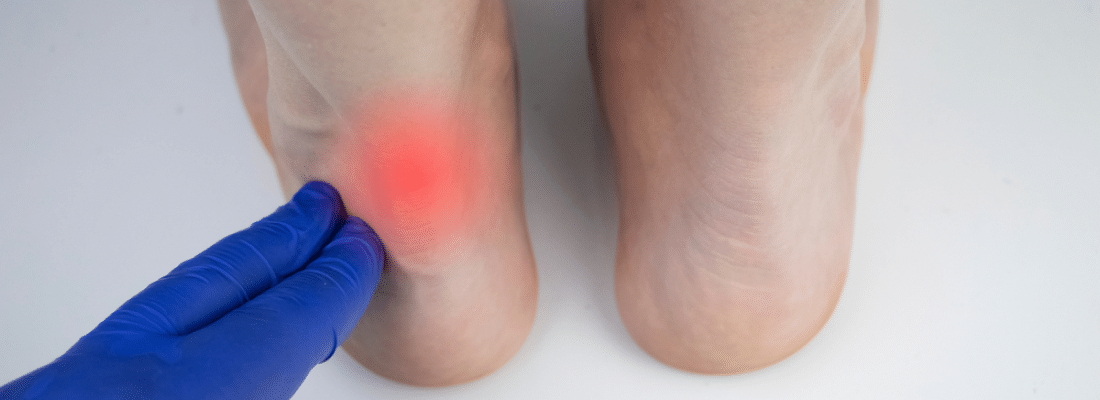Achilles Ruptures

Achilles Tendon Injury
An Achilles Rupture is a serious sports injury for an athlete, and healing fully can take a year or more. The Achilles muscle is the most important muscle for activities like walking, jumping, and running. Approximately six inches long and 5mm thick, the Achilles Tendon connects heel bones to the calf muscles which are at the back of the ankles. It is one of the strongest muscles, and can withstand the weight of more than one hundred pounds. Even though it is made up of strong fibrous tissues, these tissues have a lower blood supply rate. Therefor, they are more prone to injuries and ruptures.

Start living pain-free again
Achilles Tendon Injury Treatments
Depending upon the severity of the condition, there are both surgical and nonsurgical treatments. Some patients require Achilles tendon surgery to repair a fully ruptured tendon. In this operation, the tendon is stitched back together. In some cases, the damaged part may need to be removed and replaced with tissues taken from the other part of the foot. There are also nonsurgical treatments that provide relief by healing the tendon naturally while it’s immobilized in the foot. Rehabilitation is the best non-surgical treatment to cure rupture. It is recommended to consult a doctor to identify which treatment will work the best for you, keeping in mind other foot conditions and factors.
At University Foot Associates, podiatrist Dr. Nasser and our podiatry team treat patients with a wide range of complications and perform numerous foot and ankle surgeries. We provide excellent foot and ankle care and provide proper rehabilitation guidelines for a faster recovery after an Achilles rupture.
Frequently Asked Questions
Q: Is surgery needed for an achilles rupture?
A: In some cases an achilles rupture will require surgery.
Q: What are signs of achilles tendonitis?
A: Pain, stiffness and swelling can be signs of Achilles tendonitis, particularly after exercising.
Q: What is the best way to treat a sore Achilles tendon?
A: Home remedies like rest, ice, compression wraps, and raising the ankle are good at home treatment options. Physical therapy may be necessary for persistent symptoms.
Q: Can the achilles tendon heal on its own?
A: Minor injuries may not present chronic symptoms, but it is always best to consult a physician, podiatrist, or physical therapist for treatment and rehabilitation guidance.
